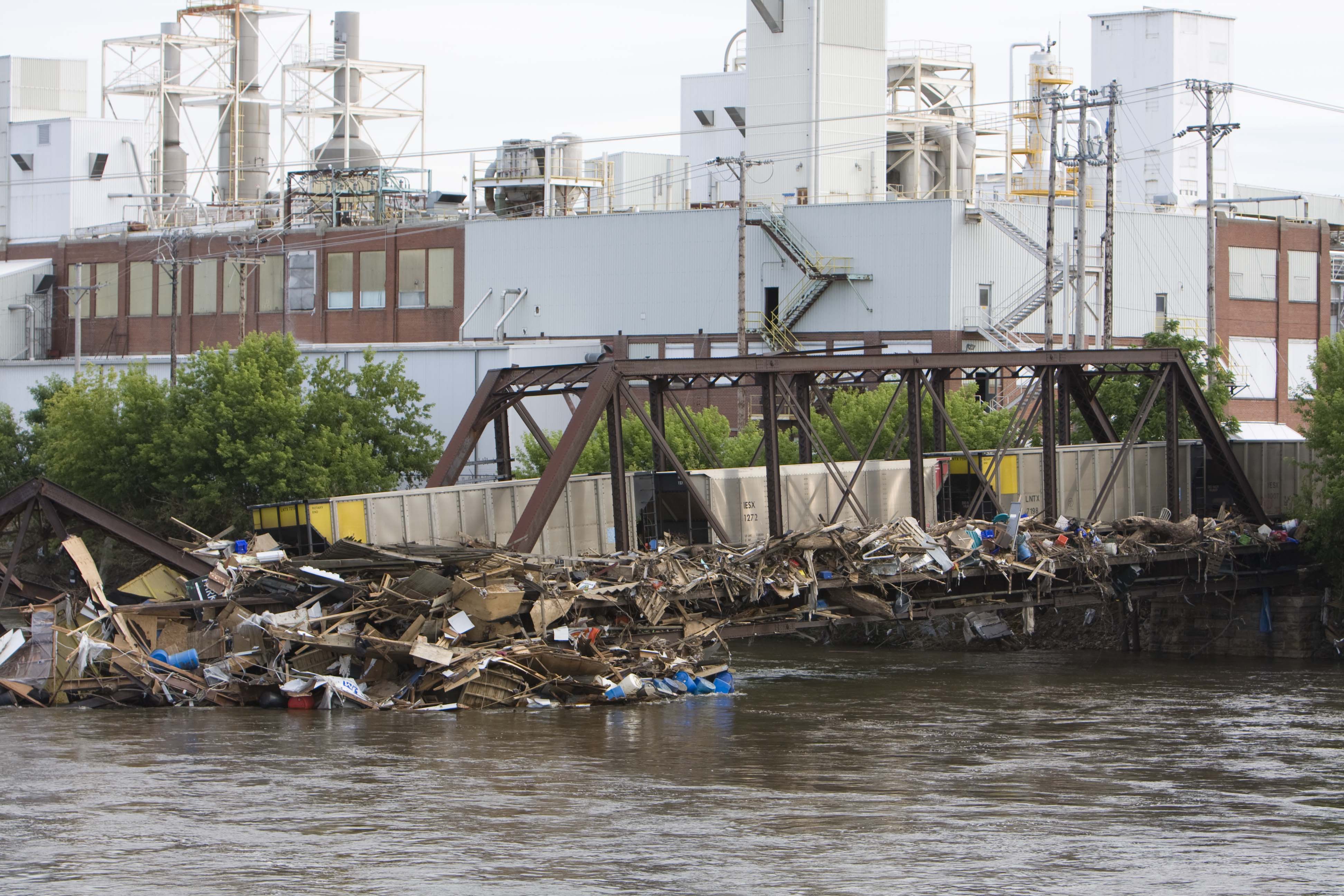Drying Out the Florida Keys
November 20th, 2017 | 3 min read

Two months post Hurricane Irma… you might be wondering: how are we dealing with excess moisture, flood damage, mold prevention, mold remediation, and dehumidifying to prevent further mold in the tropical climate of the Florida Keys?
One of the most important things is following the latest guidelines put out by the Centers for Disease Control & Prevention, developed for first responders and clean-up workers.
Before cleanup even began, we had to make sure we:
- Have the proper gear. For the safety of our workers, we make sure to use hard hats, goggles, work gloves, waterproof & steel-toe shoes, ear protection, and fire extinguishers. Additionally, we follow the CDC’s guidelines to wear rubber boots and rubber gloves anytime we have to deal with sewage.
- Work in teams. To be the most efficient, we hired displaced, local workers whose jobs were taken away with Hurricane Irma. Prioritizing cleanup tasks and using their skilled labor under the guidance of our certified technicians was key.
Dealing With Flood Damage
Knowing the hazards that are present in flood damage is half the battle. Jagged debris, floodwater exposure, electrical hazards, contact with human or animal waste, and slick/unstable surfaces are all things to be vigilant of when working in widespread flood damage that occurred in Hurricane Irma.
In addition to being aware of all these hazards, we had to make sure our certified technicians and skilled laborers:
- Up-to-date on vaccines. The risk of being injured is increased during flood cleanup. It is very easy to come into contact with sharp objects. Being up to date on the tetanus vaccine helps if injury does occur.
- Keep all wounds and burns clean at all times. To prevent wounds from becoming infected, proper treatment of injuries or seeking out medical assistance is key.
- Hearing safety. Excessive noise from clean-up equipment such as chainsaws, pavement breakers, blowers, and dryers can cause tinnitus or hearing damage. We follow the CDC’s guideline: if you have to shout over noise to be heard, wear ear protection.
- Keep foods and drinks high and dry. Due to dangerous bacteria in floodwaters caused by overflowing sewage, and agricultural and industrial waste- we had to make sure we kept our food and drinks away from any contaminated flood waters.
- Electrical hazards. Before we did any work on a damaged home or building, we made sure the electricity was turned off. If standing water was present where we were working, we did not use electrical tools or appliances.
As you can see, we had more on our minds than just restoring the damage! Many challenges and safety hazards are present in areas of widespread damage and setting proper safety protocols in place is key! Our 37+ years of experience in dealing with disasters gives us the experience to know what to do to keep our workers and certified technicians safe.
Mold Prevention & Remediation
As soon as we could gain access to the middle and upper Florida Keys, we began the work of preventing further mold damage and remediating damage that had already started occurring. For each home or business touched by water damage, we had to:
- Conduct visual inspections. This includes checking all the ventilation systems for damp filters or water infiltration. If HVAC systems were running (via generator), we immediately had them turned off to prevent mold from spreading through the home or business. Anytime we deal with HVAC systems we have discovered are contaminated, we use N-95 respirators while working.
- Remove any contaminated insulation and filters. We used a vacuum that pays special attention to filter racks, drain pans as well as bends & horizontal sections of the HVAC system.
- Proper diagnostic equipment. We have moisture meters, humidity meters, borescopes, and wet mops/vacuums to give us the most thorough picture of what needs to be done to remediate the home or business.
- Stop water intrusion. We worked with professionals in the area or skilled workers we had on our team to make sure further water intrusion would not occur. This includes leaks in plumbing, roofs, or walls.
- Remove moisture-laden items. Carpets, carpet padding, rugs, upholstered furniture, foam items, books, wall covers, and paper products were all removed from the home or business immediately to prevent further moisture from growing mold and to allow for fresh air to dry them out.
- Remove drywall and insulation. After the furniture and carpeting had been removed, the damaged drywall and insulation had to be removed or cut out.
- Clean. All wet items that stay in the home need to be properly disinfected to prevent mold growth. This includes flooring, concrete, molding, wood, metal furniture, countertops, appliances, and plumbing fixtures.
- Report chemicals. If gasoline, propane, natural gas, or charcoal-burning devices were inside a building, we had to call other emergency services such as the fire department to make sure the structure was safe before we entered.
Restoring Community
The work we have done in the middle and upper Florida Keys has been instrumental in restoring community. That is what we do here at ServiceMaster By Glenn’s. When a disaster strikes, we bring our team of equipment, knowledge of disasters, and the expertise of our certified technicians to quickly, swiftly, and expertly clean up the water, mold, fire, or smoke damage. If you experience any damage in your home or business, call our 24/7 hotline at 772-567-4435.
With over 44 years of experience in the Treasure Coast and Palm Beaches, we're the experts you can trust for all tips and information related to restoration and reconstruction.
Topics: